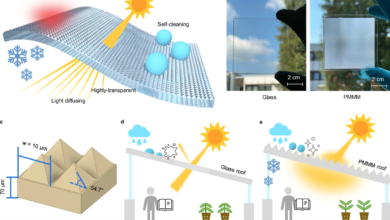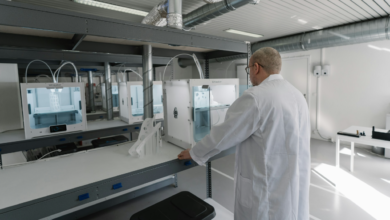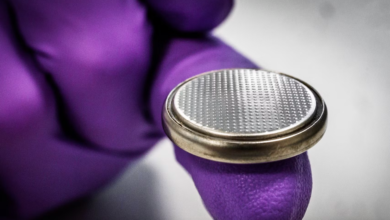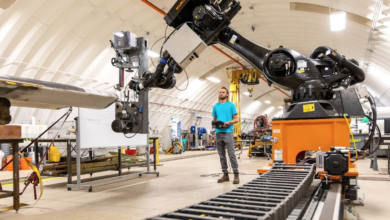In Australia the first tests on cement enriched with coffee grounds
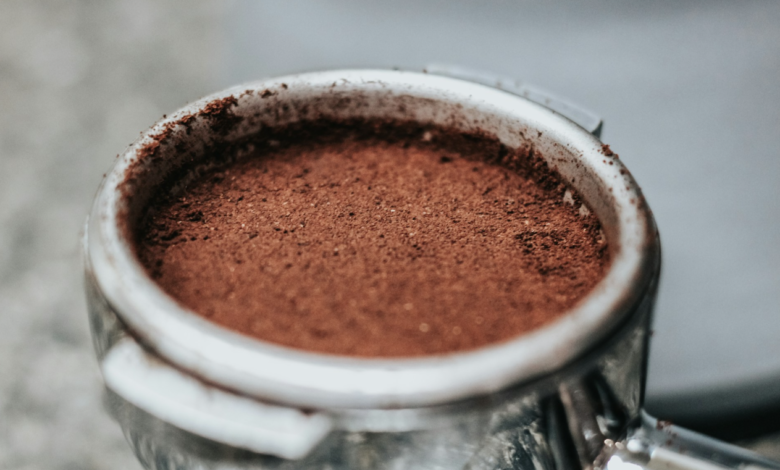
Clear the cement enriched with coffee grounds would reduce the use of raw materials by 10%
We often recount pioneering research in materials science. Research that seems to open interesting glimpses into the panorama of the circular economy. This time, however, one of these technologies took the next step. In a world premiere, researchers at RMIT University in Melbourne are testing in real-life conditions an innovative cement enriched with coffee grounds. The material promises to be 30% stronger than traditional cement.
We talked about this discovery just last year. The research group had shown that replacing up to 15% of the sand in cement with coffee grounds reduces dependence on this non-renewable resource and decreases organic waste destined for landfills.
Organic waste, when added directly to concrete, decomposes over time, weakening the material. To overcome this problem, the researchers developed an energy-efficient process to transform coffee grounds into biochar, heating them to 350 ºC in the absence of oxygen.
RMIT began laying concrete pavements enriched with biochar derived from coffee and wood chips. Next, standard concrete is laid which serves as a check. This unique experiment will be used to evaluate the performance of new material under pedestrian traffic.
The team is exploring further commercial applications of biochar. It will not be limited to coffee grounds, but will try different types of organic waste. Each biochar has a unique composition, which varies in carbon content, particle size and absorption. There are therefore many possible combinations that can improve different qualities of cement.
These innovations hope to reduce construction costs, but also decrease the amount of cement needed. If the technology tested today on the streets of the Australian city pays off, the cement content in concrete can be reduced by up to 10%.


